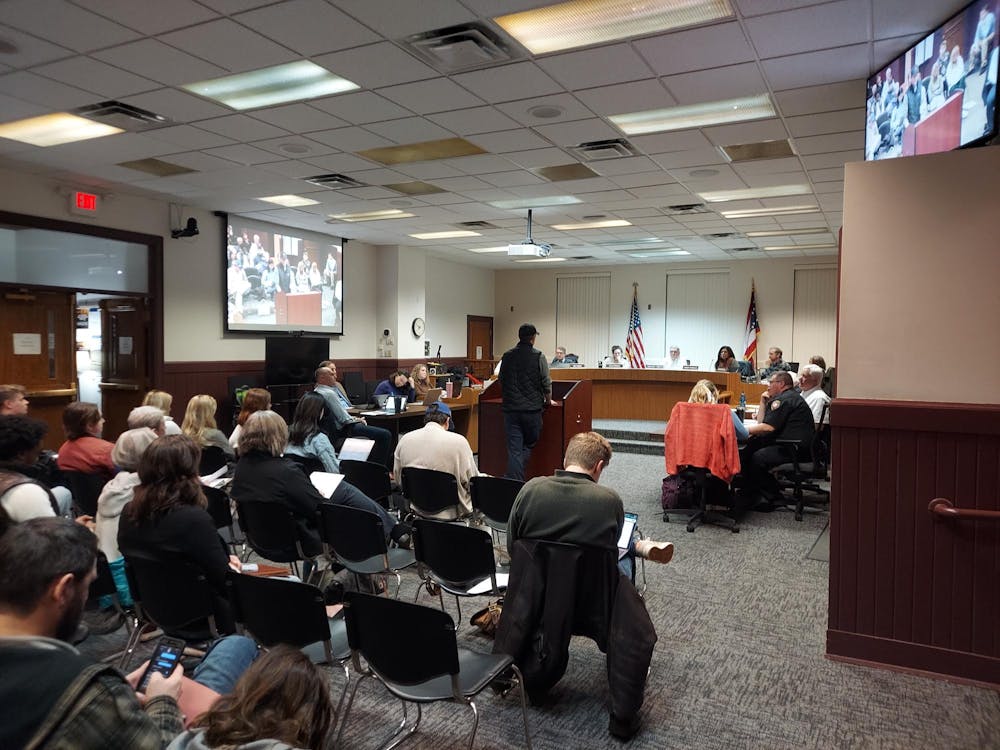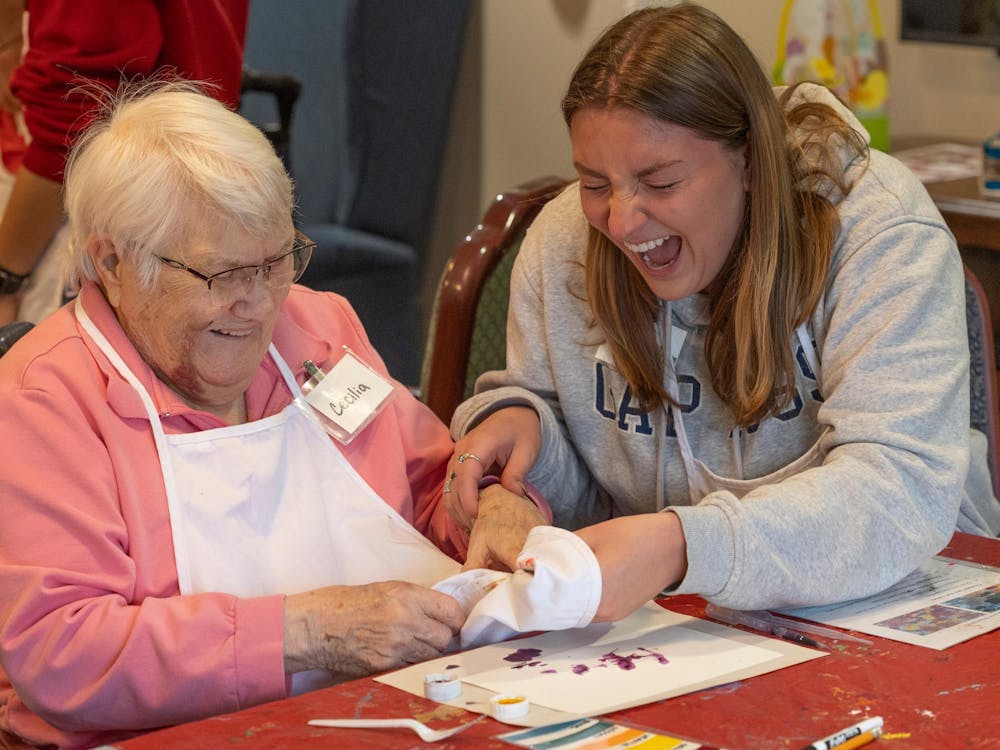In March 2020, Miami University’s archives launched “Documenting the COVID-19 Pandemic,” a collection focused on life during the COVID-19 pandemic.
The project, which is not yet published, is currently composed of about 30 entries documenting the feelings and emotions of everyday life while quarantined during a pandemic.
Rachel Makarowski, a special collections librarian at Miami, pitched the idea after reflecting on her own journal from the pandemic. Faculty, staff, students, alumni, parents and even spouses have all sent in materials documenting their experience during the global lockdown.
“I think that it was a kind of motivation of just wanting to help people because journaling is such a good way to kind of help to process what it is that you’re experiencing,” Makarawoski said.
Makarawoski also found inspiration from other institutions such as Indiana University and Harvard University, who created similar archive collections, but this project differs because of its focus on Miami.
“We wanted to capture this moment for what it’s like as someone either in Oxford or connected to Miami University because everyone was experiencing the pandemic in a similar, but also different way,” Makarowski said.
Grace Berry, a junior zoology major, discovered the project through Miami’s Honors Program. Berry wrote in her journal on Google Docs three times a week during the Fall 2020 semester. Because her classes were online, Berry stayed at home during the fall semester and filled her journal with stories of studying remotely, seeing an albino squirrel and wrestling a snake out of her dog’s mouth.
While Berry sees the pandemic as a dark time in history, she enjoyed having a space of her own to let out her frustrations.
“It was definitely interesting because I’m writing things as I’m seeing it on the news,” Berry said. “I remember writing about the election and different stances on the pandemic, and I’m just expressing my opinion on that, but it’s kind of hard to take a step back and look at it when you’re living through it.”
In addition to journals, the archive also includes a documentary created in associate professor Andy Rice’s documentary production class.
The documentary titled “Generation COVID: Coming of Age While Six Feet Apart” follows the lives of eight students during the spring 2020 semester. Currently, it is the only video submission in the archive.
“I suppose a default for most people when they think about an archive and contributing to it, is text-based documents and materials, but we certainly don’t live in a world anymore where that’s the only way we consume media,” Rice said.
Enjoy what you're reading?
Signup for our newsletter
Rice hopes the documentary will spark questions and conversations for future historians.
“If somebody watches this 15 or 20 years from now, there’ll be a lot of things that we don’t even notice that they’ll have lots of questions about,” Rice said. “The more forward you go, the stranger history gets.”
Also submitted to the archive is "Through It All," a play anthology created in professor Katie Johnson's spring 2020 studies in drama and performance class about the COVID-19 pandemic.
Set in the U.S., the anthology comprises 21 short plays and two songs that highlight the misinformation and uncertainty in the beginning, the isolation and loneliness throughout, and the established new normal.
Johnson and her students unanimously decided to donate it to the archives.
“It seemed like housing as part of the COVID archive project would be a perfect way for it to be somewhere, and then whoever wants to take it up and do something with it, I think that would be really wonderful,” Johnson said.
Johnson hopes the anthology will give an insight into a significant moment in history for future generations.
“I hope it offers a glimpse of the humanity of the writers and a snapshot of us going into it,” Johnson said. “The pandemic will get much worse, and yet, it’s this insight right at the beginning that offers perspective and understanding and compassion.”
Almost a year and a half later, the archive project is still accepting submissions. The project, set to be published at the end of this year, will be accessible online. Some of the entries are embargoed and will not be released to the public right away, but Berry’s journal, Rice’s video and Johnson’s anthology will all be available.
Students and faculty can submit materials for the COVID-19 archive through the form located on the “Documenting the COVID-19 Pandemic” library page or by contacting Rachel Makarowski at makarorm@miamioh.edu.



